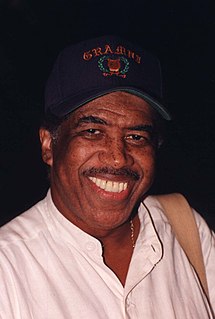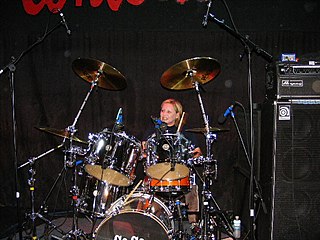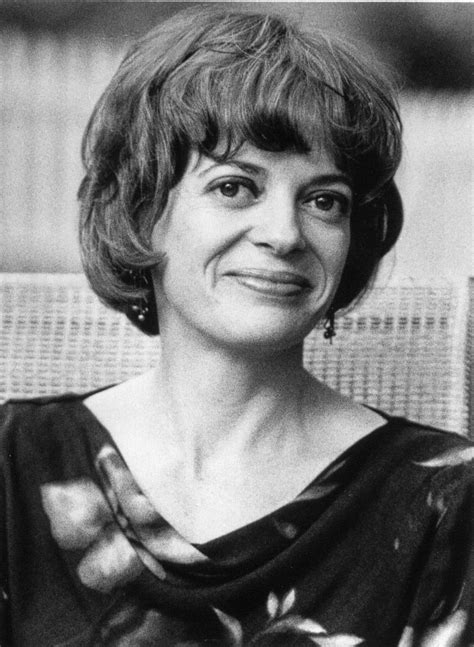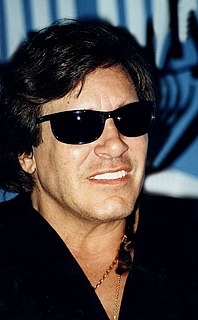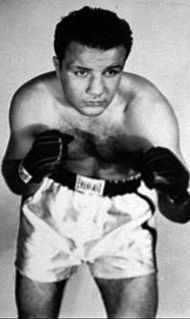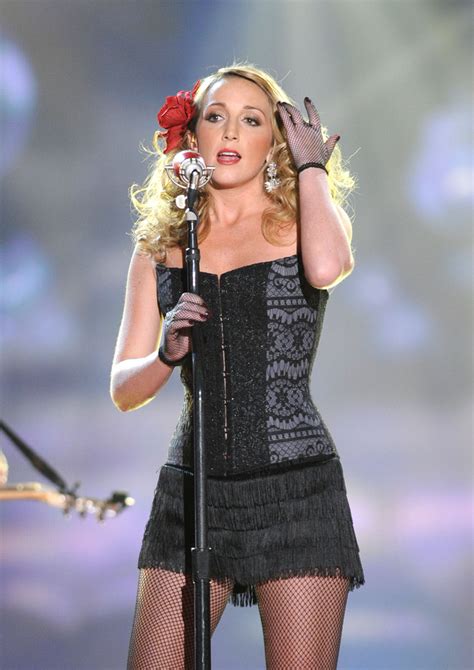A Quote by Ben E. King
At that time, we were in charge. We didn't ask. We just did. We just did what was in our heart.
Related Quotes
I did not feel very patriotic. I did not feel proud of our country, seeing that we were bombing peasant villages, that we were not just hitting military targets, that children were being killed. We were terrorizing the North Vietnamese with our enormous Air Force. They had no Air Force at all. They were a little pitiful country and we were terrorizing them with our bombs. And no, I did not feel proud at all.
Astronomers are pure of heart and appealingly puerile. They look into the midnight sky and ask big questions, just as we did when we were in college: Who are we? Where do we come from? And why are we standing around outside on the night before finals, do we want to end up making elevator parts for a living like our father or what?
Baghdad fell on April 9, 2003, Hussein and his regime were brought down, we declared "Mission Accomplished" and celebrated victory . . . and chaos erupted. We did not assert control and authority over the country, especially Baghdad. We did not bring with us the capacity to impose our will. We did not take charge. And Iraq did not in a few weeks magically transform itself into a stable nation with democratic leaders. Instead a raging insurgency engulfed the country.
I did not feel proud of our country, seeing that we were bombing peasant villages, that we were not just hitting military targets, that children were being killed. We were terrorizing the North Vietnamese with our enormous Air Force. They had no Air Force at all. They were a little pitiful country and we were terrorizing them with our bombs. And no, I did not feel proud at all.
If something doesn't turn out as planned, you will ask yourself, 'How did I create that? What was I thinking? What were my beliefs? What did I say or not say? What did I do or not do to create that result? How did I get the other person to act that way? What do I need to do differently next time to get the result I want?'
